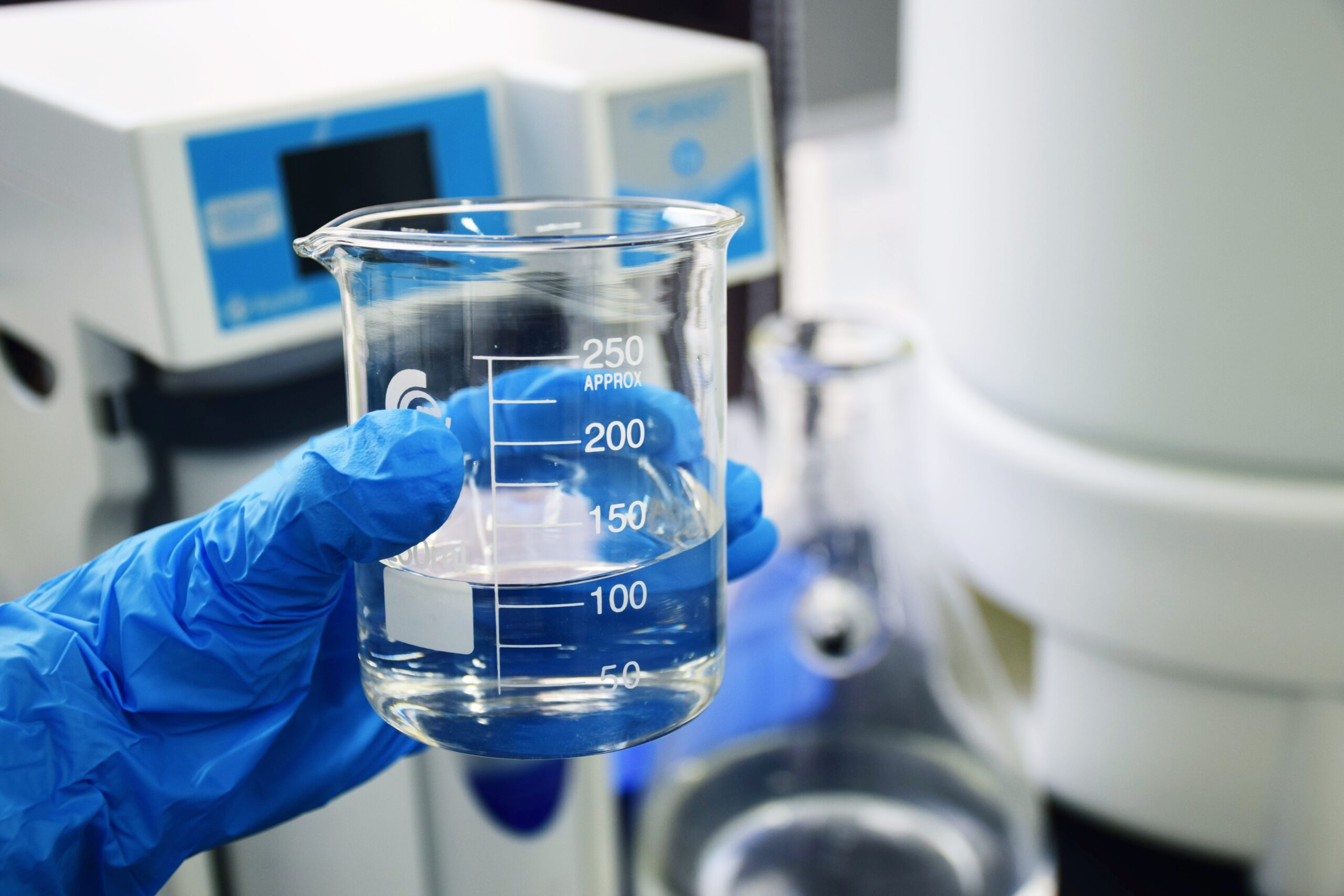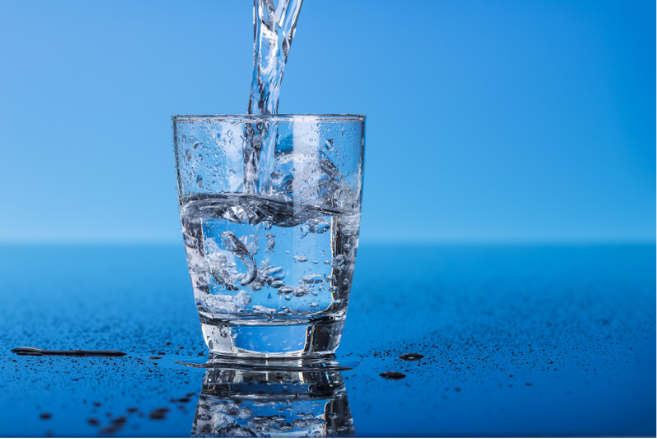Invest in a Water Purification System for Pure and Healthy Water
Invest in a Water Purification System for Pure and Healthy Water
Blog Article
Why a Water Filtration System Is Necessary for Tidy, Safe Water
Access to clean, secure water is an essential human right and a cornerstone of public wellness. The visibility of hazardous contaminants such as pathogens, heavy metals, and chemical pollutants in our water supply raises significant worries regarding health and wellness. A water purification system stands as an essential solution to alleviate these threats, guaranteeing that people and areas can access risk-free drinking water. Comprehending the details of these systems and their various approaches is crucial, particularly as we take into consideration the implications for health and wellness end results and environmental sustainability in our day-to-day lives.
Significance of Tidy Water
Access to tidy water is a fundamental need for human health and well-being. It is essential for sustaining life, sustaining health, and preserving overall public health. Water Purification System. The availability of safe drinking water significantly decreases the danger of waterborne illness, which present a significant hazard to areas worldwide. Infected water can lead to serious health issues, including gastrointestinal diseases, cholera, and dysentery, especially in prone populaces such as children and the elderly.
Furthermore, clean water is crucial for sanitation and health methods, which are crucial in avoiding the spread of infectious conditions. Ample water system supports proper hygiene facilities, promoting a healthier environment. In addition, accessibility to safe water affects socioeconomic variables, as it makes it possible for areas to involve in agricultural and commercial activities, eventually contributing to financial advancement.
In lots of areas, the absence of tidy water aggravates destitution and inequality, more hindering development toward lasting development goals. Consequently, making certain access to tidy water is not only a public health and wellness critical however additionally a foundation for social equity and financial growth. Initiatives to improve water top quality and infrastructure have far-ranging benefits, cultivating healthier areas and improving quality of life.

Usual Impurities in Water
Making sure the accessibility of tidy water is threatened by numerous impurities that can compromise its safety and security and top quality. The visibility of microorganisms, such as bloodsuckers, viruses, and microorganisms, presents substantial health and wellness dangers, particularly in locations lacking sufficient hygiene. These bacteria can lead to waterborne conditions, resulting in extreme health problem or perhaps fatality.
Chemical contaminants additionally present a crucial problem. Heavy steels, including lead, mercury, and arsenic, often go into water supplies via industrial discharges or corroded plumbing. These substances can accumulate in the body gradually, resulting in long-term wellness problems such as neurological damage and developing disorders.
Furthermore, farming drainage introduces pesticides and fertilizers right into water supply, which can interfere with communities and negatively effect human health and wellness. Nitrates, generally found in fertilizers, can cause severe problems like methemoglobinemia, specifically in infants.
Benefits of Water Purification Solutions
Acknowledging the essential need for risk-free alcohol consumption water, water filtration systems offer a myriad of benefits that improve public wellness and ecological sustainability. Primarily, these systems efficiently get rid of hazardous impurities, consisting of germs, infections, heavy metals, and chemicals, making sure that the water eaten is cost-free from contaminants and virus. This decrease in pollutants dramatically reduces the threat of waterborne conditions, promoting overall area health.
Along with health advantages, water filtration systems add to environmental sustainability by reducing dependence on bottled water, which commonly produces excessive plastic waste. By utilizing a filtration system, homes can decrease their carbon impact and add to a more lasting environment. These systems can enhance the taste and smell of water, making it much more tasty for day-to-day usage.

Various Types of Purification Approaches

One common method is reverse osmosis, which utilizes a semi-permeable membrane layer to different water from liquified impurities and solids. This process effectively reduces pollutants, consisting of hefty steels and chemicals. An additional widely used technique is ultraviolet (UV) disinfection, which uses UV light to neutralize infections and microorganisms, rendering them harmless without making use of chemicals.
Turned on carbon filtration is an additional prominent approach, utilizing carbon to adsorb natural substances, chlorine, and undesirable odors, improving preference and smell top quality. Distillation, a process that includes boiling water and condensing the heavy steam, successfully eliminates minerals and contaminants yet may call for see page more energy contrasted to other approaches.
Ion exchange is frequently made use of to soften water by replacing calcium and magnesium ions with sodium or potassium ions. Each technique has its limitations and advantages, making it important to recognize their functionalities and performance in attending to certain water high quality problems - Water Purification System. Inevitably, selecting the suitable purification method is crucial for making certain secure and clean drinking water
Picking the Right System
Choosing an appropriate water filtration system requires mindful consideration of various factors, consisting of the certain pollutants present in the water supply, the quantity of water needed, and the wanted filtration technique. First, it is click this site critical to carry out a water quality examination to identify impurities such as bacteria, hefty metals, or chemical contaminants. This info will lead you in picking a system that properly targets those particular impurities.
Following, assess your home's daily water usage to identify the system's capacity. Solutions are available in numerous sizes, from point-of-use filters for drinking water to whole-house systems that detoxify all water entering your home.
Moreover, think about the purification technique that ideal fits your demands. Reverse osmosis is extremely efficient for eliminating a large variety of pollutants, while UV filtration is superb for removing microbes.
Verdict
To conclude, the implementation of water purification systems is essential for making sure accessibility to safe and clean water. These systems efficiently get rid of dangerous impurities, consequently lowering the risk of waterborne diseases and improving public health and wellness. They contribute to environmental sustainability by reducing reliance on bottled water. By recognizing the importance of tidy water and the benefits of numerous filtration approaches, neighborhoods can make enlightened decisions to protect their health and advertise socioeconomic stability.
Identifying the essential requirement for safe alcohol consumption water, water filtration systems use a myriad of benefits that improve public wellness and environmental sustainability.In enhancement to health and wellness advantages, water purification systems add to ecological sustainability by minimizing reliance on bottled water, which commonly generates extreme try this site plastic waste. Ultimately, the adoption of water filtration systems is a proactive action towards making certain clean, secure water for future generations while guarding public wellness and the environment.
Choosing an ideal water purification system needs mindful consideration of different variables, including the certain impurities present in the water supply, the volume of water needed, and the wanted filtration method.In final thought, the application of water filtration systems is essential for making sure accessibility to risk-free and tidy water.
Report this page